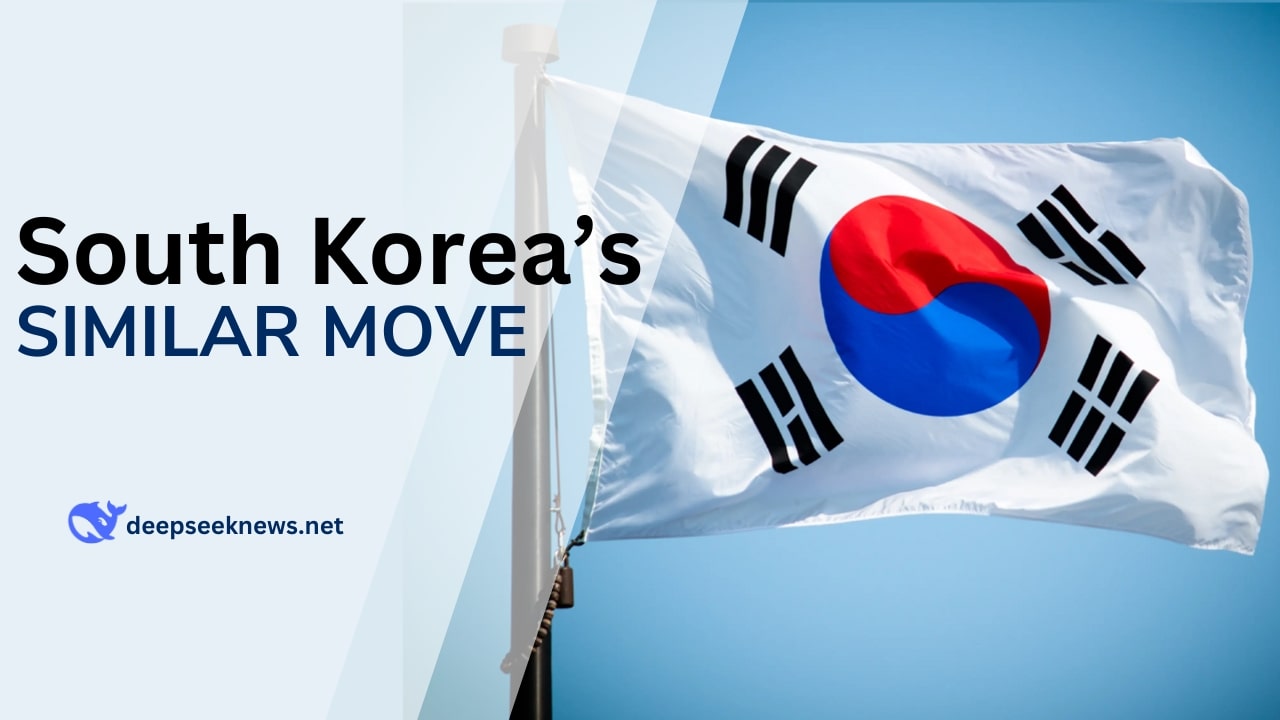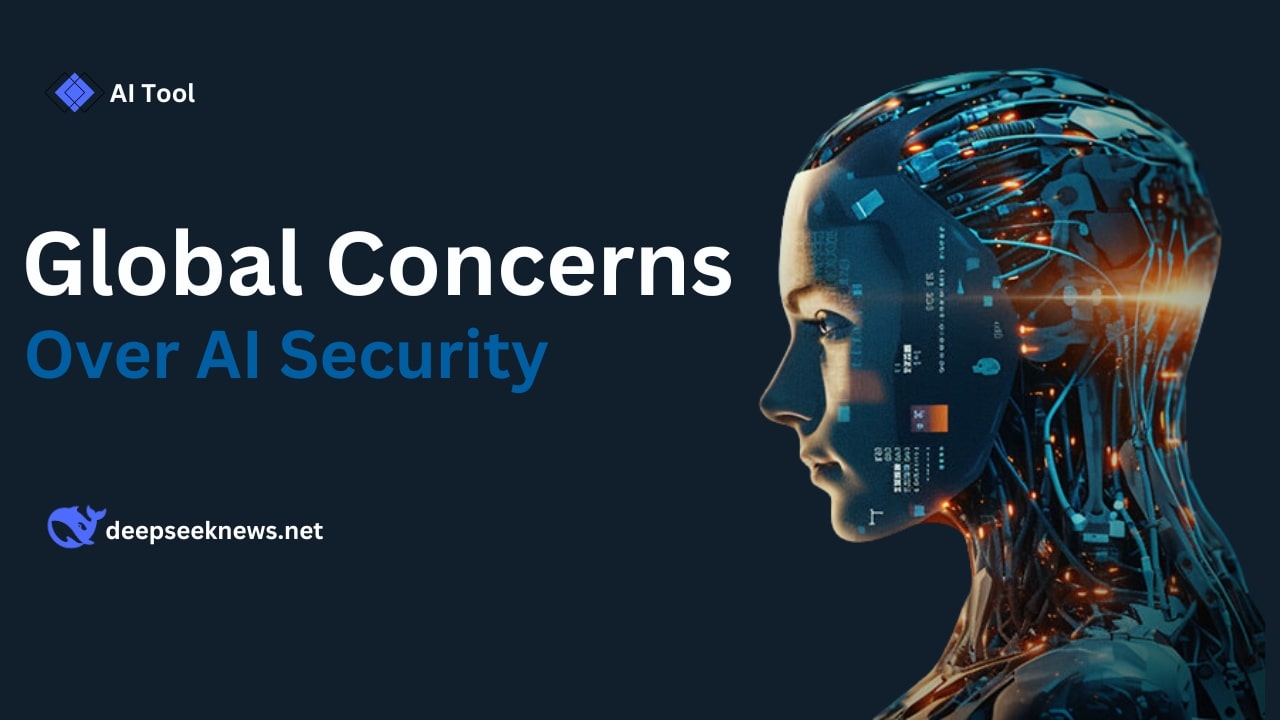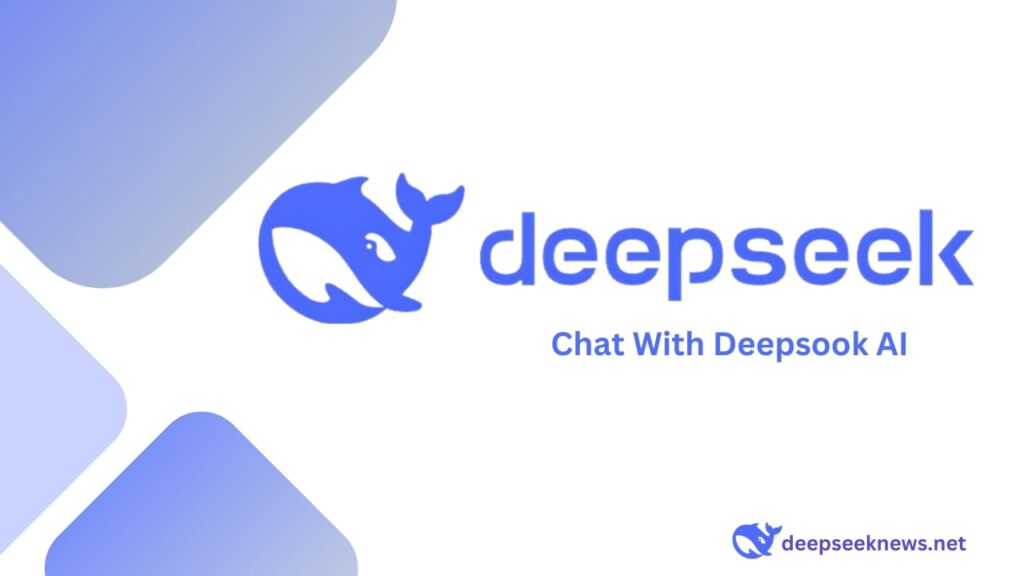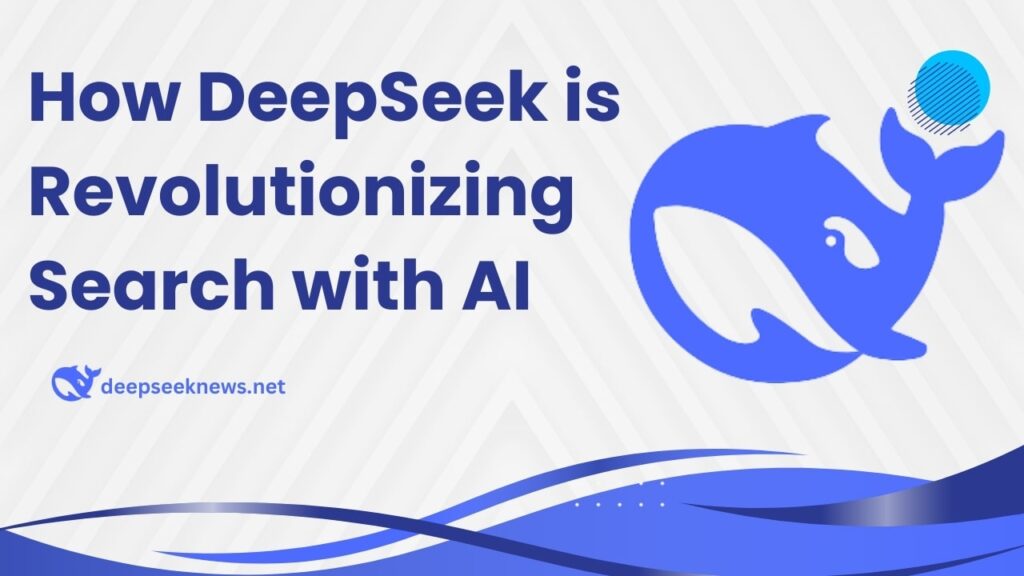Dutch Officials Ban Chinese Chatbot DeepSeek Over Security Concerns
Dutch officials are no longer allowed to use the Chinese chatbot DeepSeek. This decision follows similar restrictions in South Korea for government employees. The move comes amid growing concerns about data security and espionage risks.
Zsolt Szabo, the State Secretary for Digitalization in the Netherlands, announced the decision. He stated that DeepSeek poses a significant risk of espionage. Some Dutch institutions have blocked access to the chatbot entirely. Others have banned all AI models, including ChatGPT.
The Dutch Data Protection Authority (AP) has also warned users. They advised people to be “very careful and prudent” when using DeepSeek. This caution reflects broader concerns about how user data is handled.
South Korea’s Similar Move
South Korea has taken similar steps. The government blocked access to DeepSeek on officials’ work computers. This happened after the Chinese AI startup failed to answer questions about its data management practices. South Korea wanted assurances on how user information is protected.
Earlier this week, South Korea issued a warning to its ministries and agencies. They were urged to avoid using AI services like DeepSeek and ChatGPT for official work. This highlights the growing unease around AI and data security. South Korea’s scrutiny is part of a broader trend. The Democratic Party of Korea is actively preparing a response to DeepSeek, signaling increased political and regulatory pressure on AI tools with potential security risks.
Global Concerns Over AI Security
The Netherlands and South Korea are not alone. Several other countries have also banned or restricted DeepSeek. These include Italy, Australia, India, the United States, and Japan. The main concern is the security of user information.
DeepSeek launched its new chatbot last month. The company claimed its technology is more efficient and cost-effective than American alternatives. However, these benefits are being overshadowed by fears over data security. China has pushed back against these bans. When Australia took similar action, China condemned the decision as ideological discrimination, arguing that Chinese tech firms are being unfairly targeted.
The Debate Over AI and Privacy
As AI becomes more widespread, the debate over data security and privacy is heating up. Governments are balancing the benefits of AI with the risks it poses. While AI can improve efficiency, it also raises concerns about national security and misuse of data.
The bans on DeepSeek reflect this tension. Countries are increasingly scrutinizing international AI services. They want to ensure that user data is safe and not exploited for espionage or other malicious purposes.





